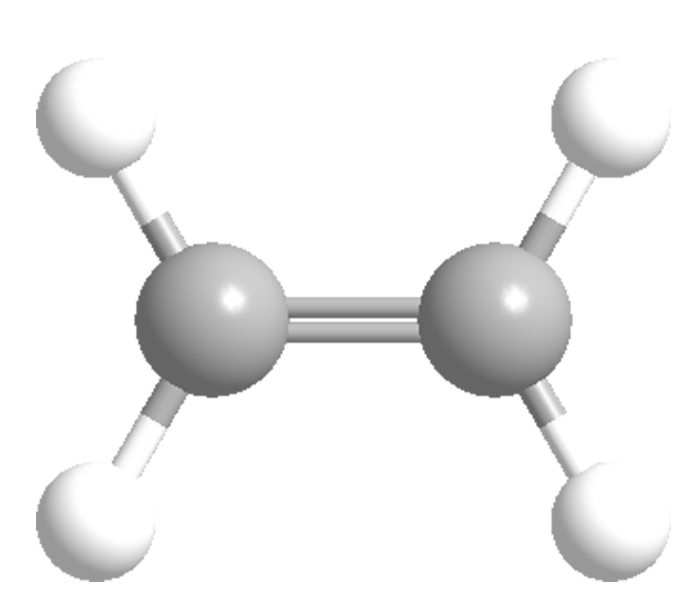

Ethylene, the simplest olefin, is believed to have been discovered by J. J. Becher ca. 1669. He prepared it by heating ethanol with sulfuric acid, but in modern times most ethylene is produced by steam cracking light hydrocarbons.
We know ethylene as the raw material for polyethylene, but it also plays a significant role in plant biology. Ethylene "tells" leaves when to change colors, wilt, and drop. It stimulates flowers to open and wither, and fruit to ripen. Many fruit growers make use of these natural processes by exposing their crops to ethylene to control flowering and fruiting or to make harvesting easier.

Learn more about this molecule from CAS, the most authoritative and comprehensive source for chemical information.
Molecule of the Week needs your suggestions!
If your favorite molecule is not in our archive, please send us a message. The molecule can be notable for its current or historical importance or for any quirky reason. Thank you!
Stay Ahead of the Chemistry Curve
Learn how ACS can help you stay ahead in the world of chemistry.

